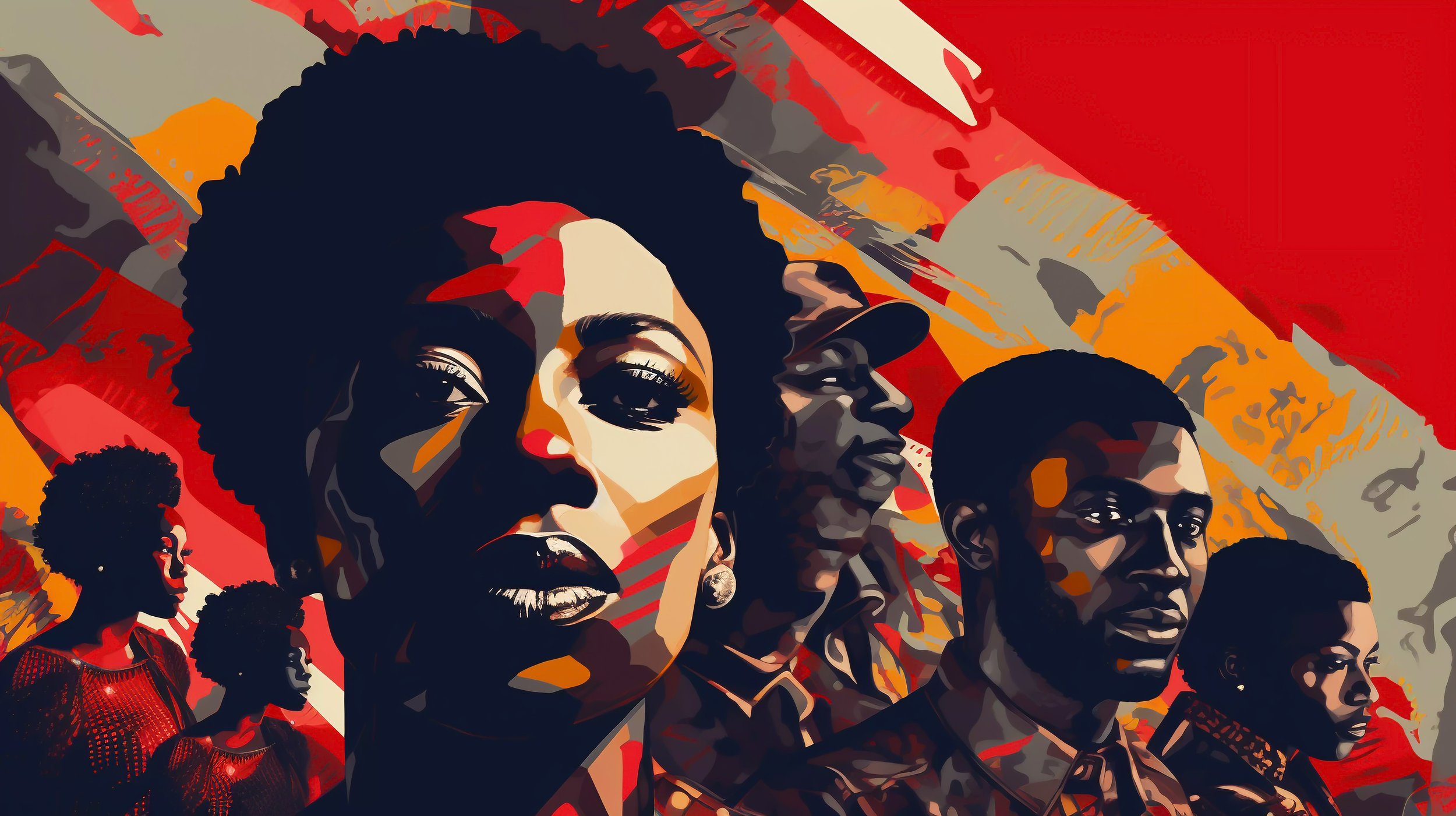
The Living Tradition
Official site for LASANA D. KAZEMBE, Ph.D.
We are brought here by history.
The Living Tradition is a critical humanities mission to locate, excavate, interrogate, re-remember, and reinscribe the lost-found sacred epistemologies of Africana people. This effort involves deep, qualitative exploration, interpretation, and renegotiation of memory and meaning that crystalizes at the nexus of art, imagination, aesthetics, education, and activism. This project explores the rich, complex, diverse, and sentient epistemologies (ex., histories, expressive forms, imaginaries, creative legacies, cultural lifeways) of Africana people and situates them as sites of memory, critical pedagogy, and remembrance.
Amadou Hampâté Bâ
The Living Tradition takes conceptual inspiration from Malian philosopher, Amadou Hampâté Bâ (1901-1991), who regarded the experiences, spatialities, memories, and meanings of humans as living practice texts reflective of and rooted in what he called ‘the living tradition.’ These sacred epistemologies exist to be investigated, interpreted, apprehended, and enacted as forms of critical pedagogy and creative scholarship to help us understand the relationship between freedom and struggle; art and politics; education and liberation; pedagogy and power; and the personal and the political. These are dialectics of collective accountability that call and to which we must respond… and ultimately act in the interest of what the African Ancestors referred to as Serudj Ta (i.e., to raise up the good constantly).
Lasana D. Kazembe, Ph.D.
Lasana D. Kazembe is an Emmy Award-winning poet, educator, and critical Black scholar whose work examines culture, race, history, the arts, and the social context of education. Dr. Kazembe’s research, teaching, and scholar-activism comprise a philopraxis that explores the rich and sentient ‘lost-found’ sacred epistemologies (i.e., history, expressive forms, imaginaries, folklore, futurities) of Africana peoples and situates them as sites of memory, critical pedagogy, cultural production, and social action. A major aspect of his work examines the history, political thrusts, aesthetic foundations, and audiopolitics of 20th century Global Black Arts Movements. LEARN MORE.





